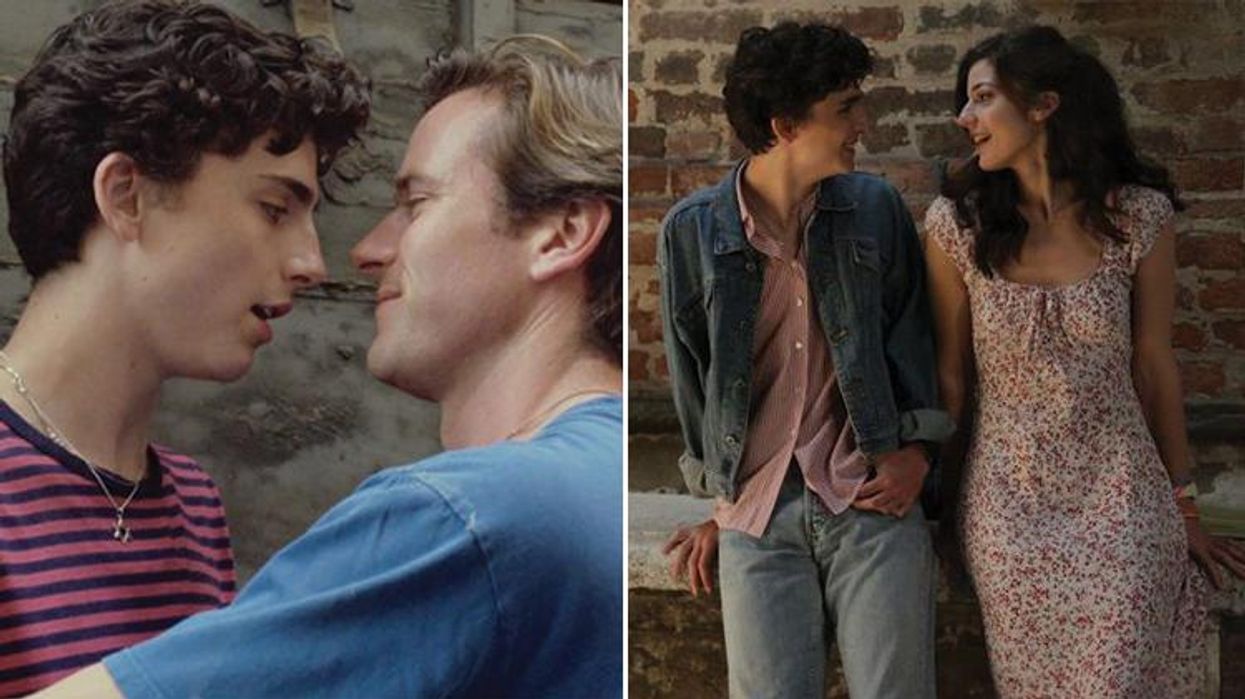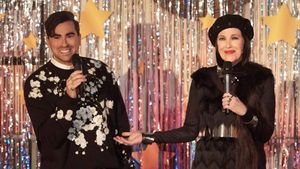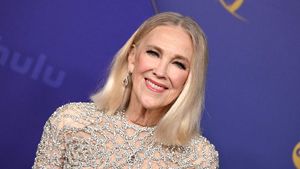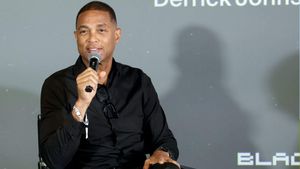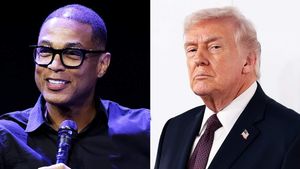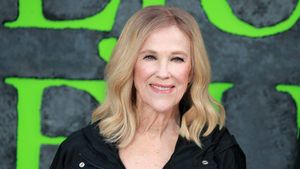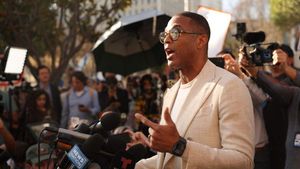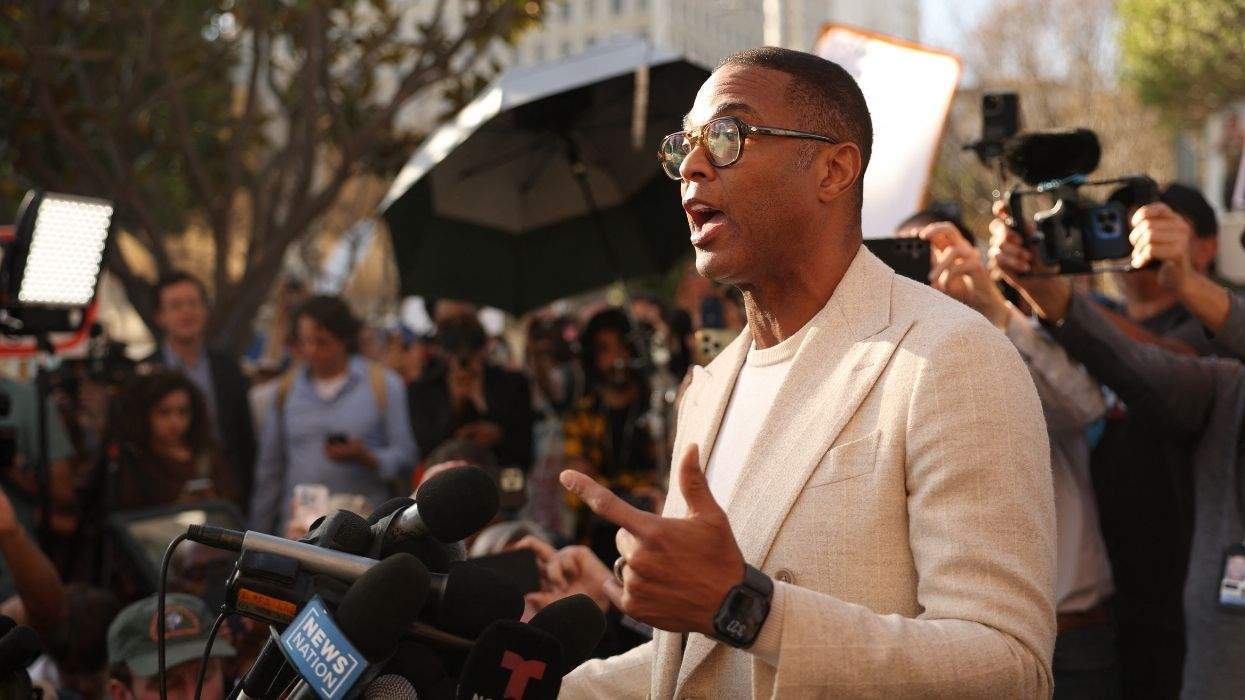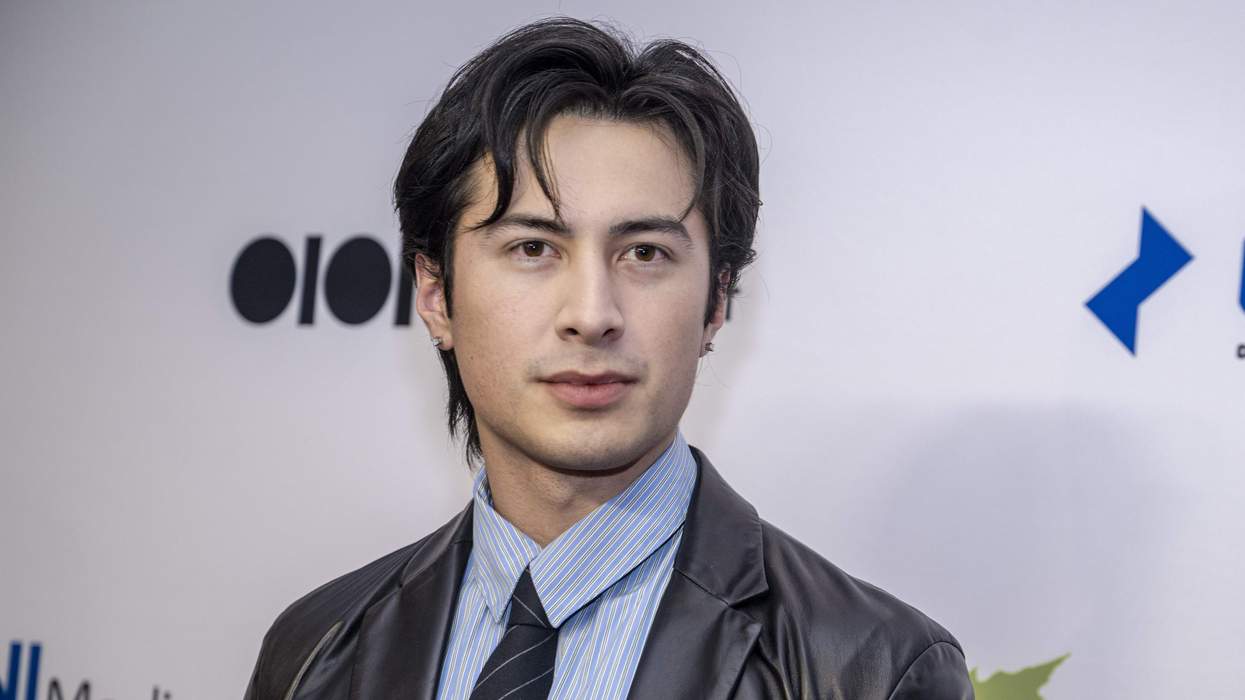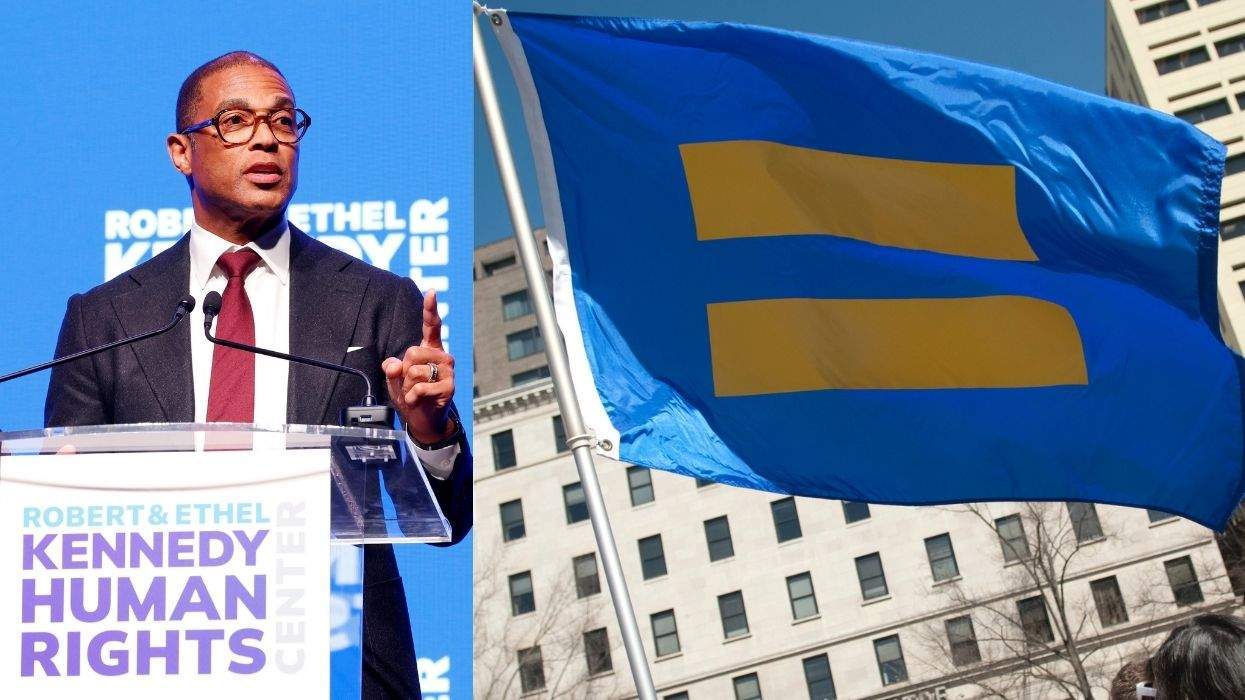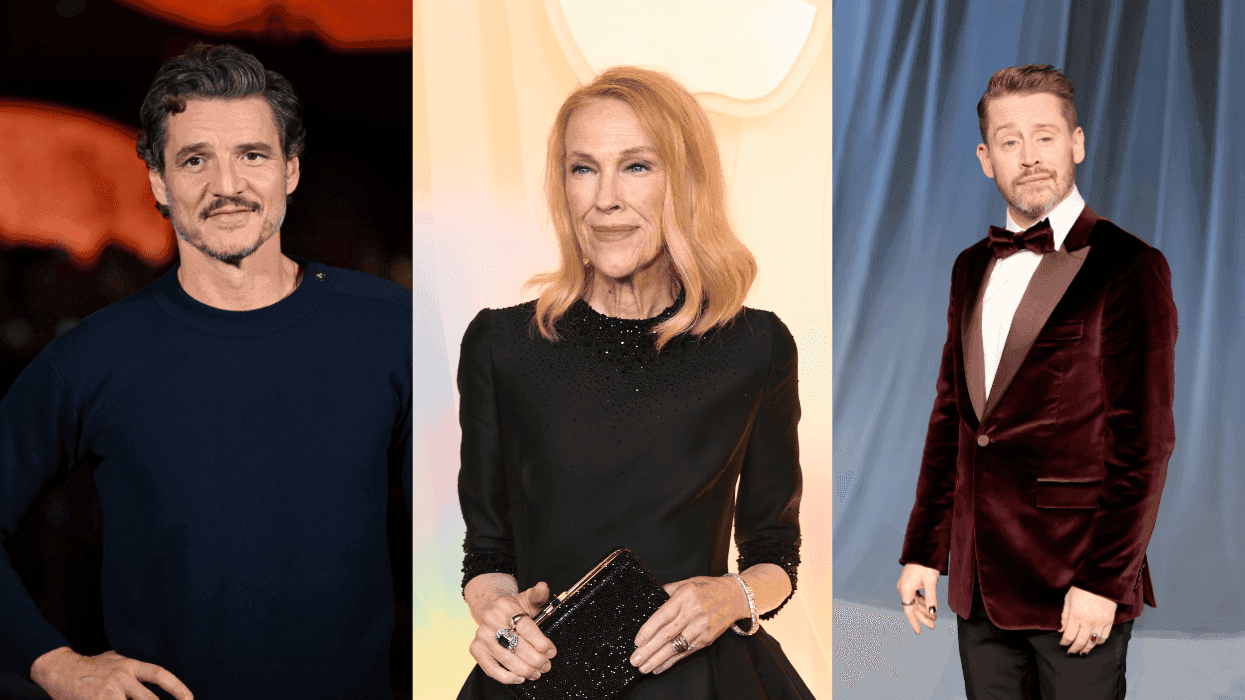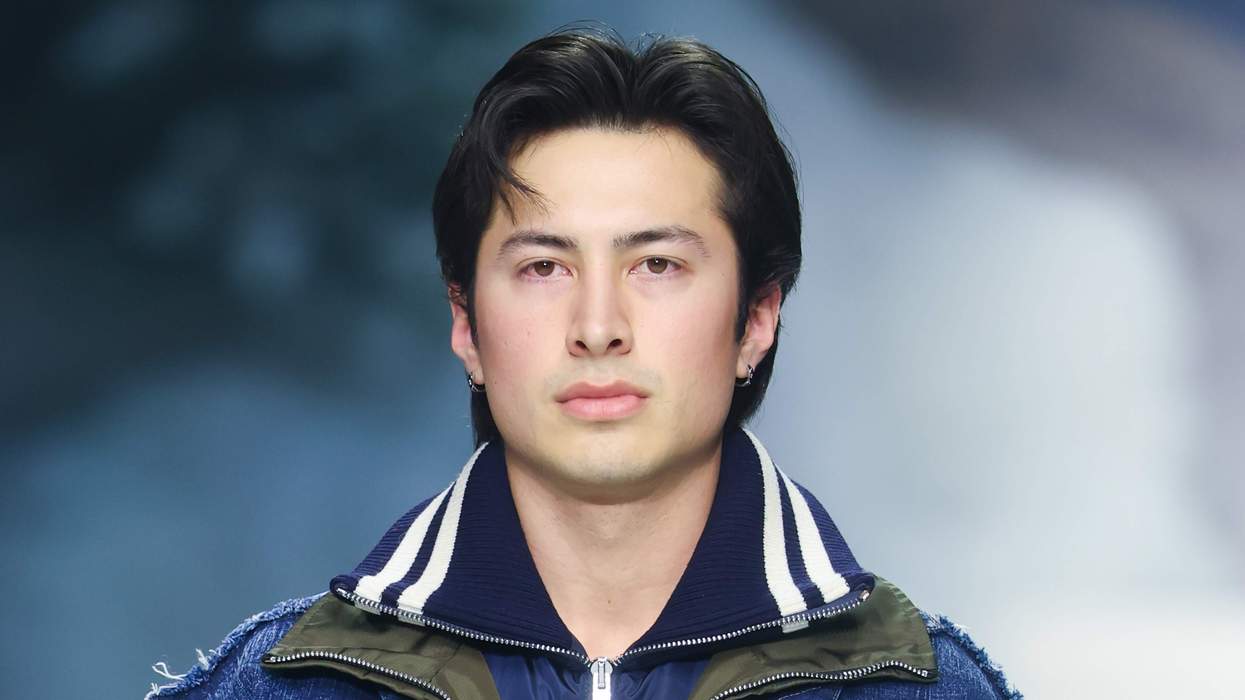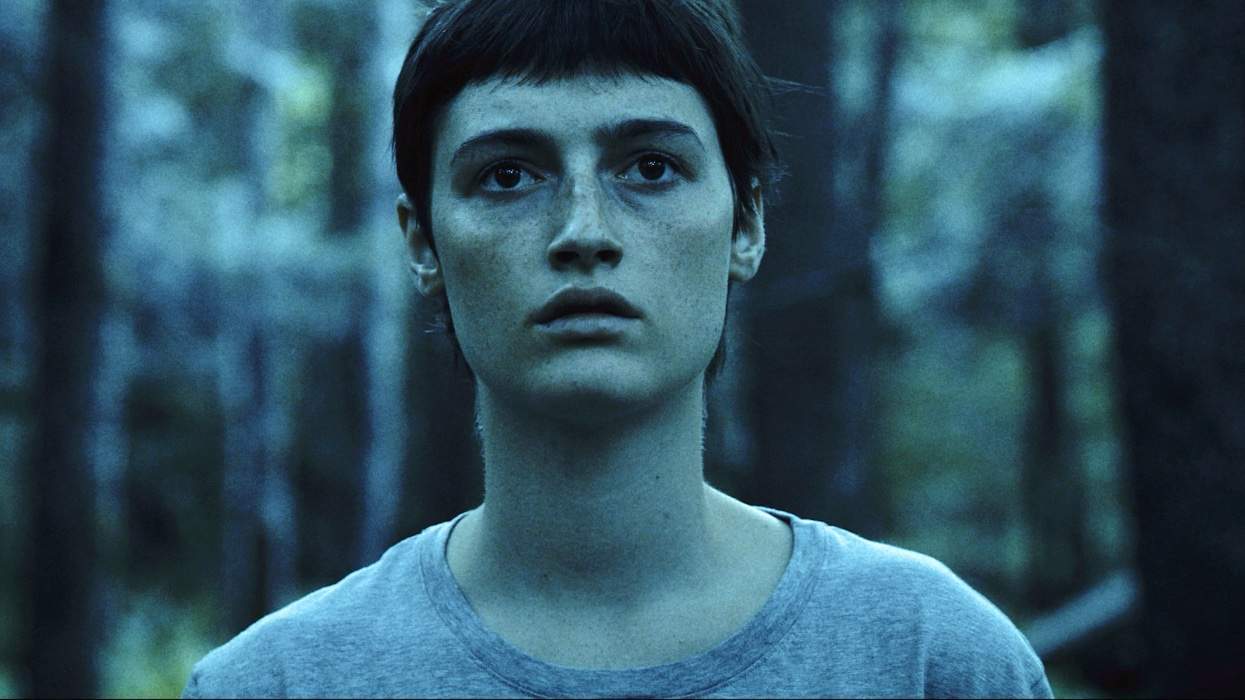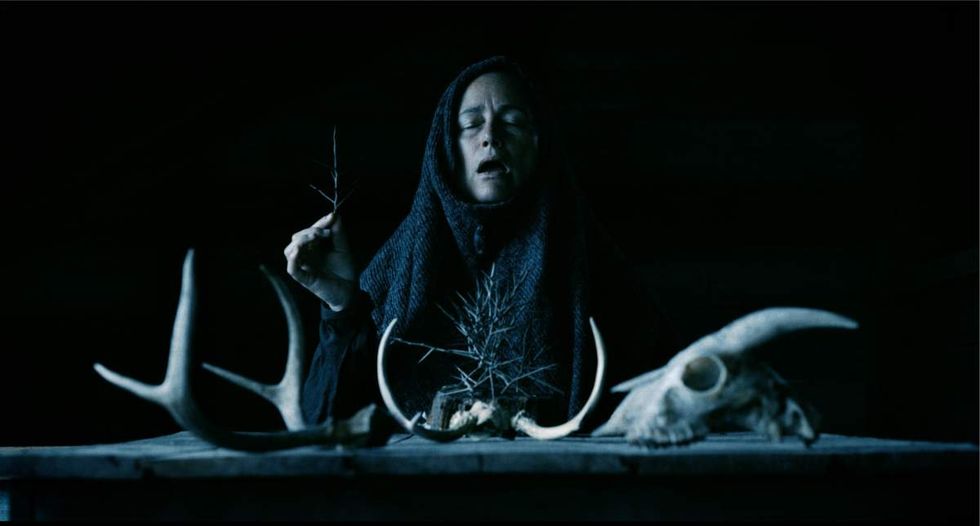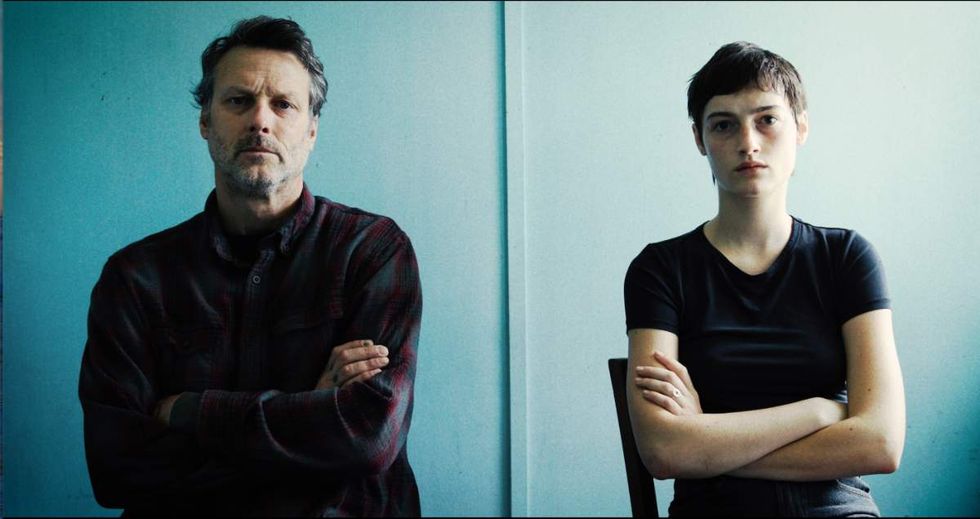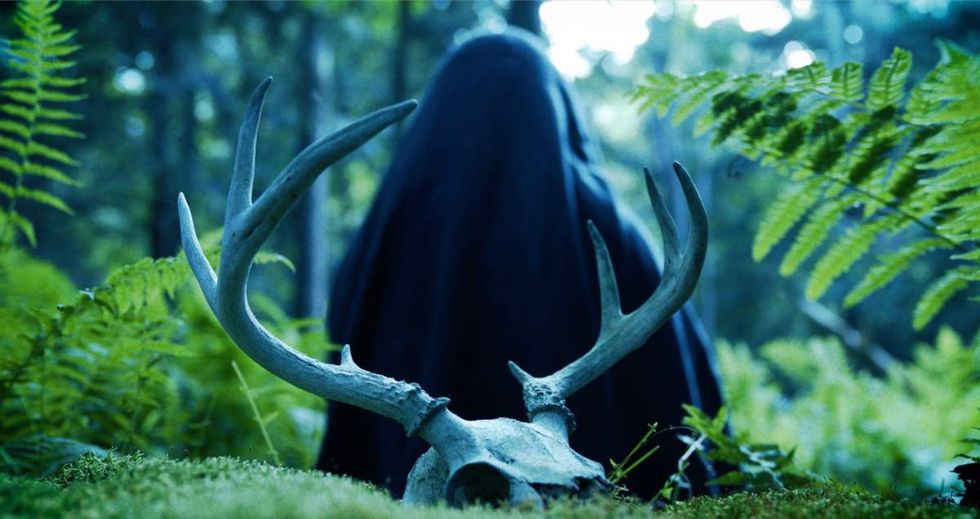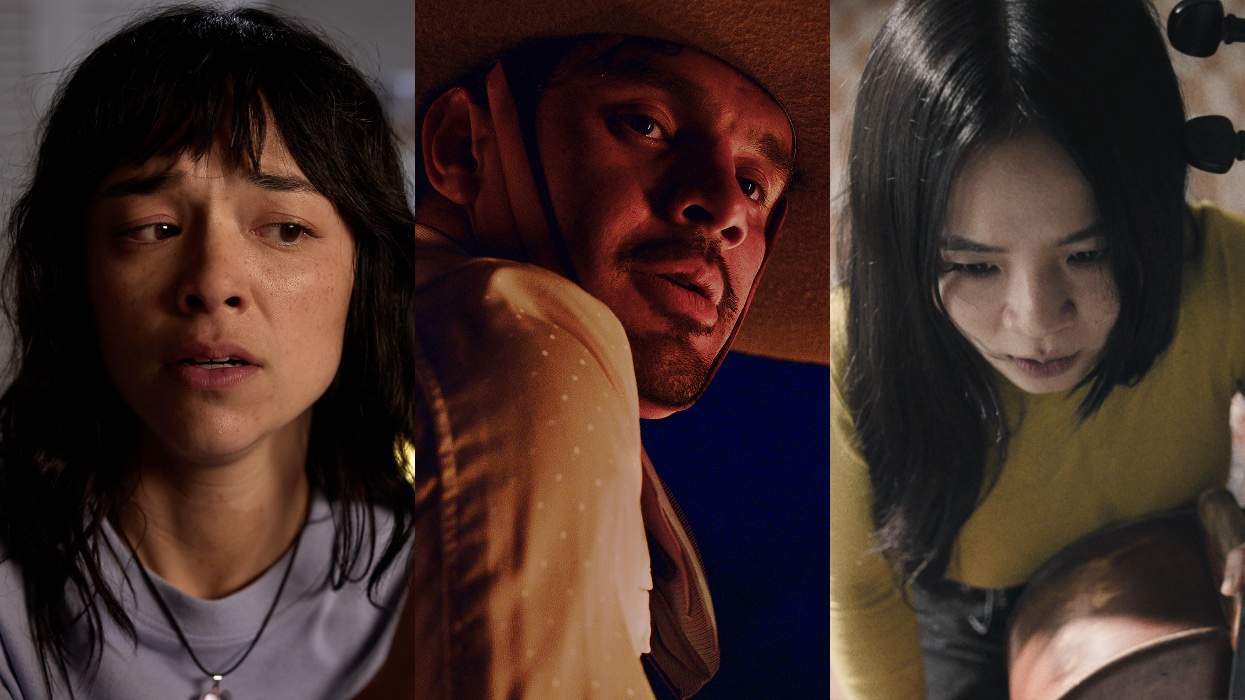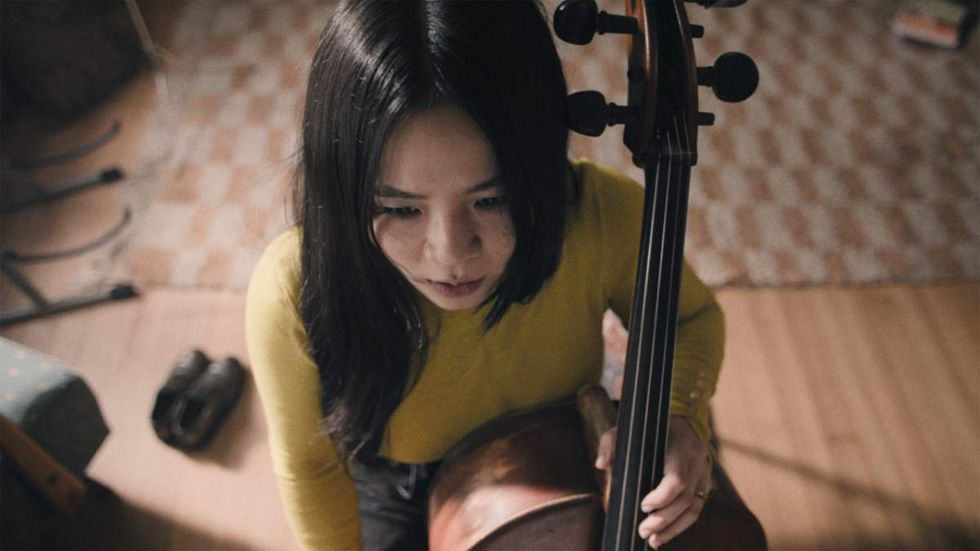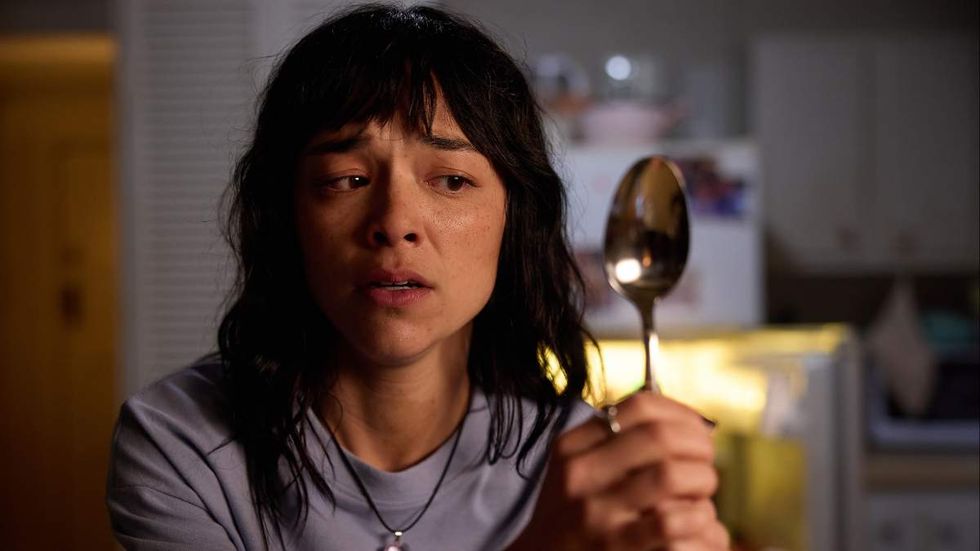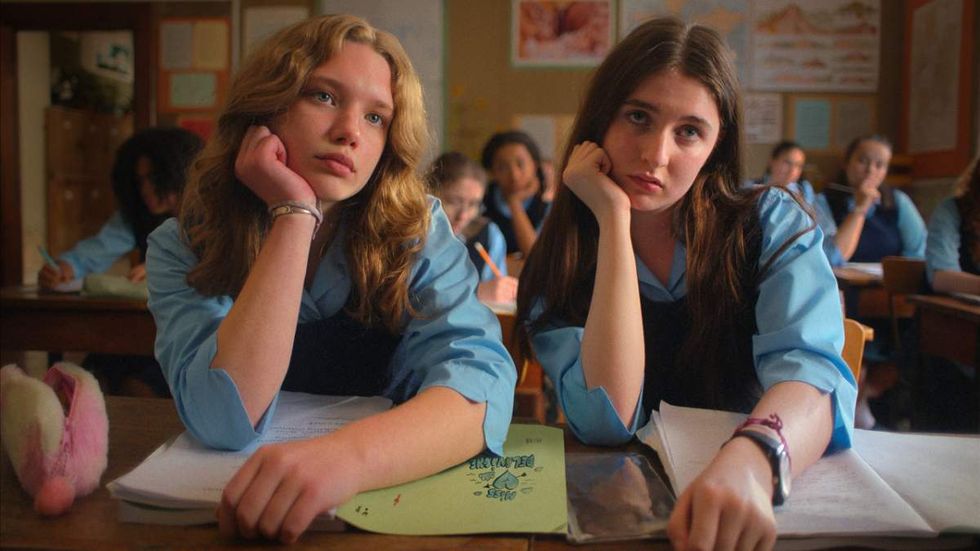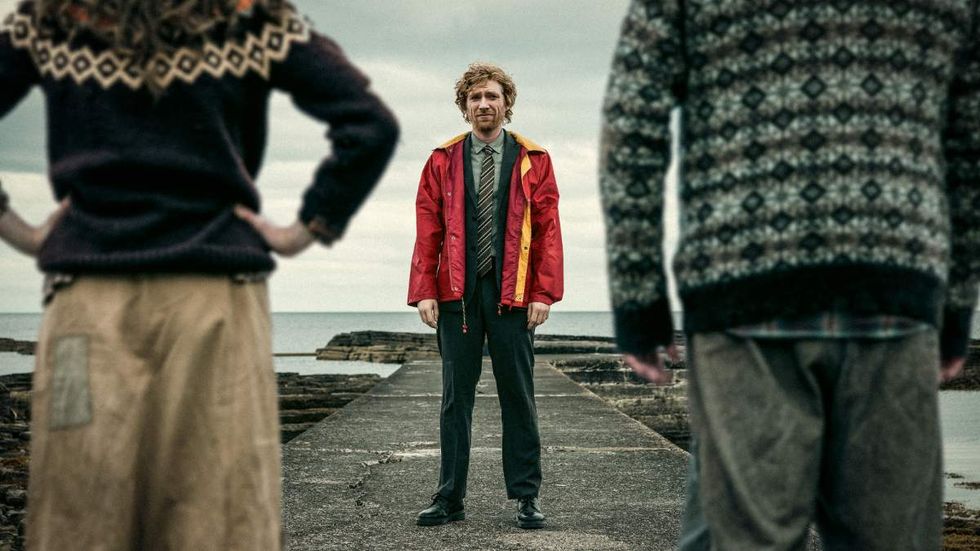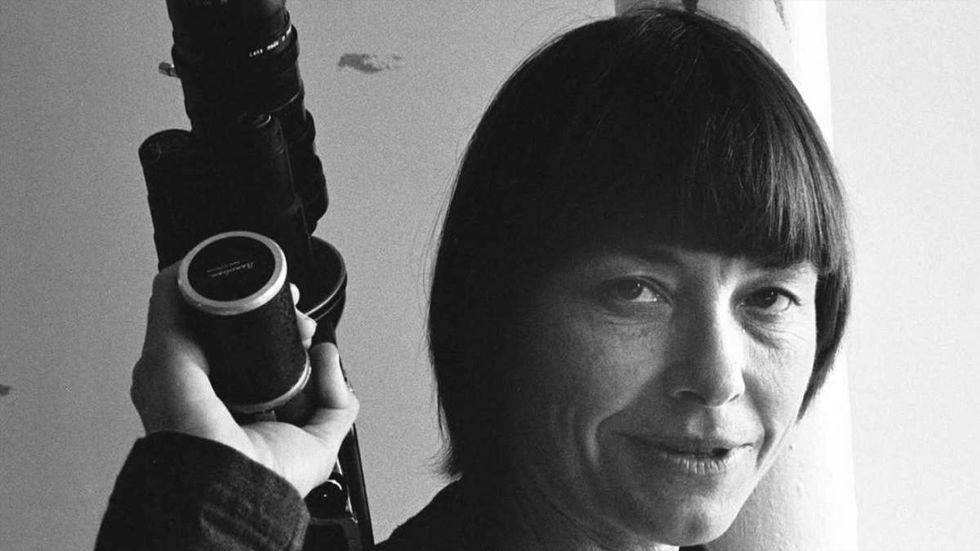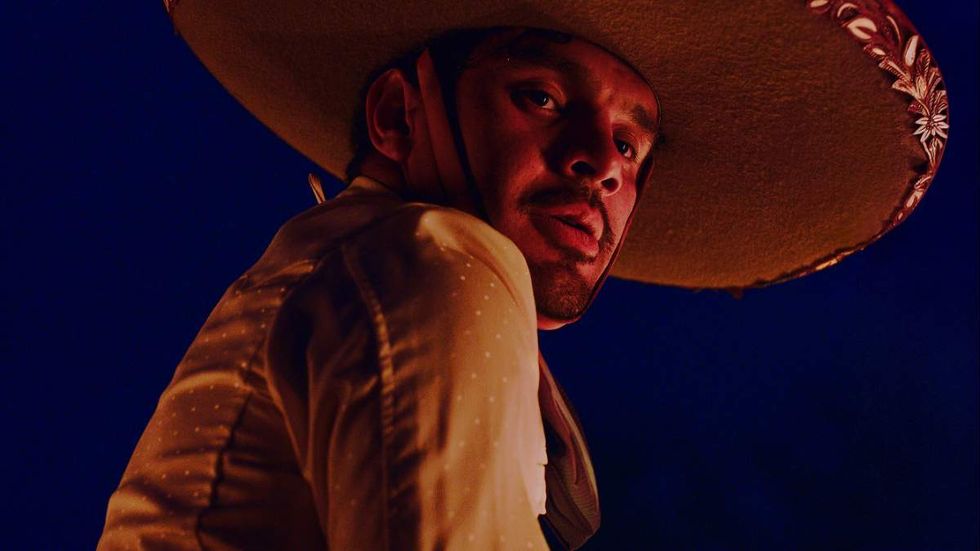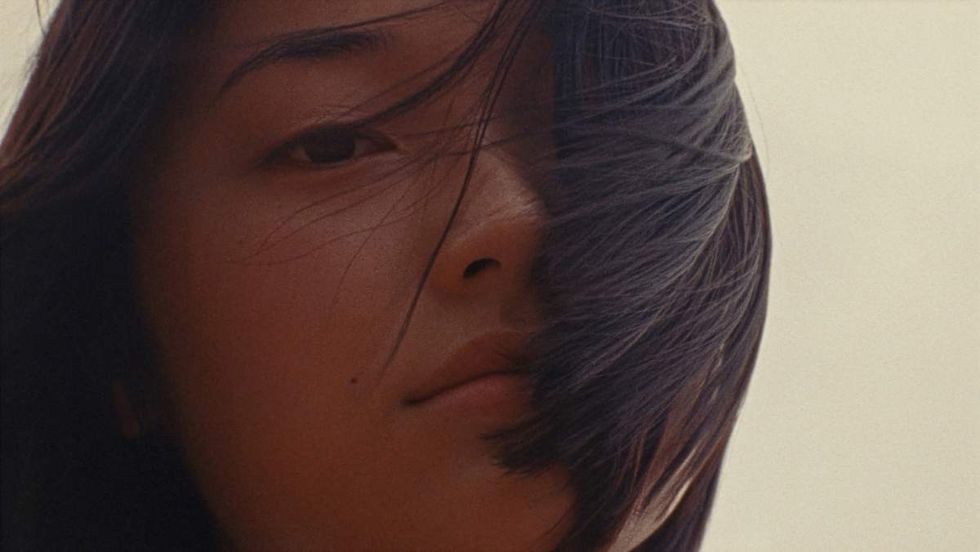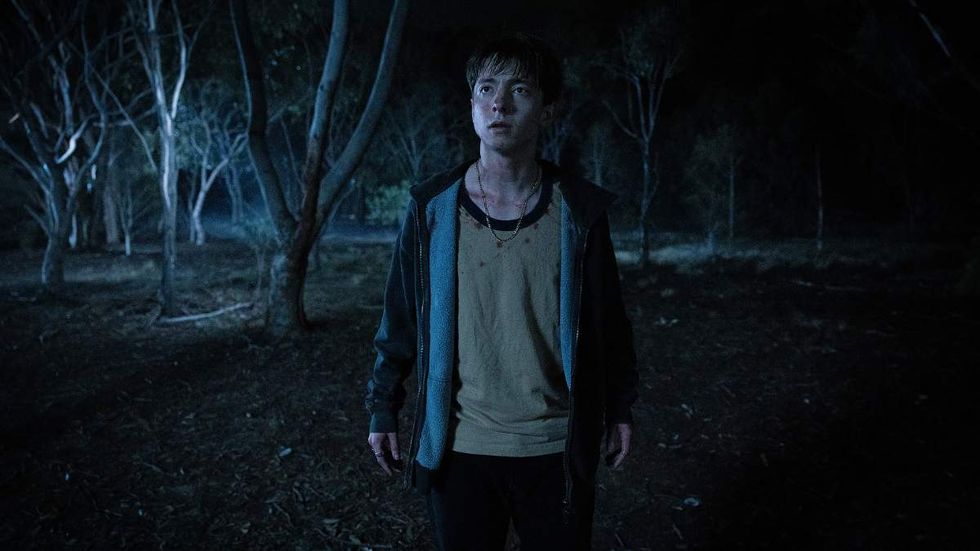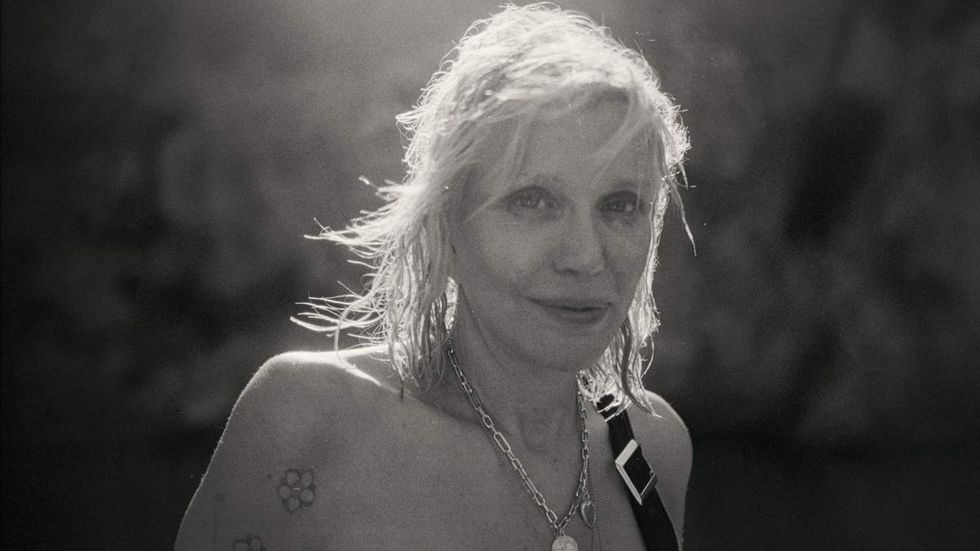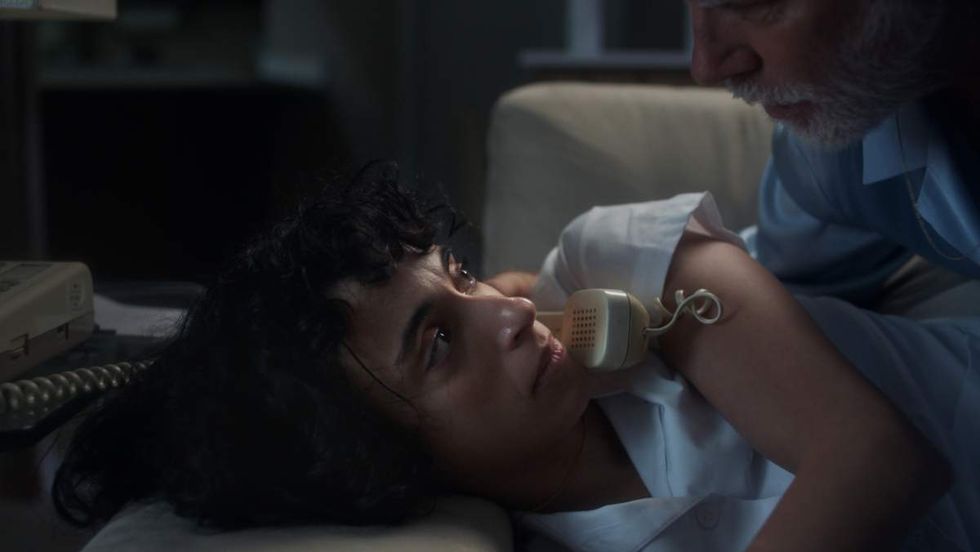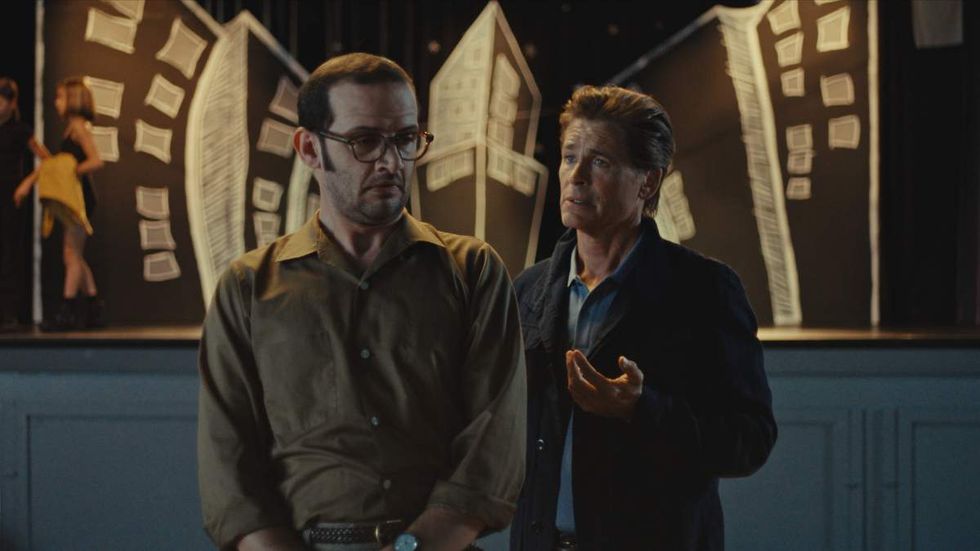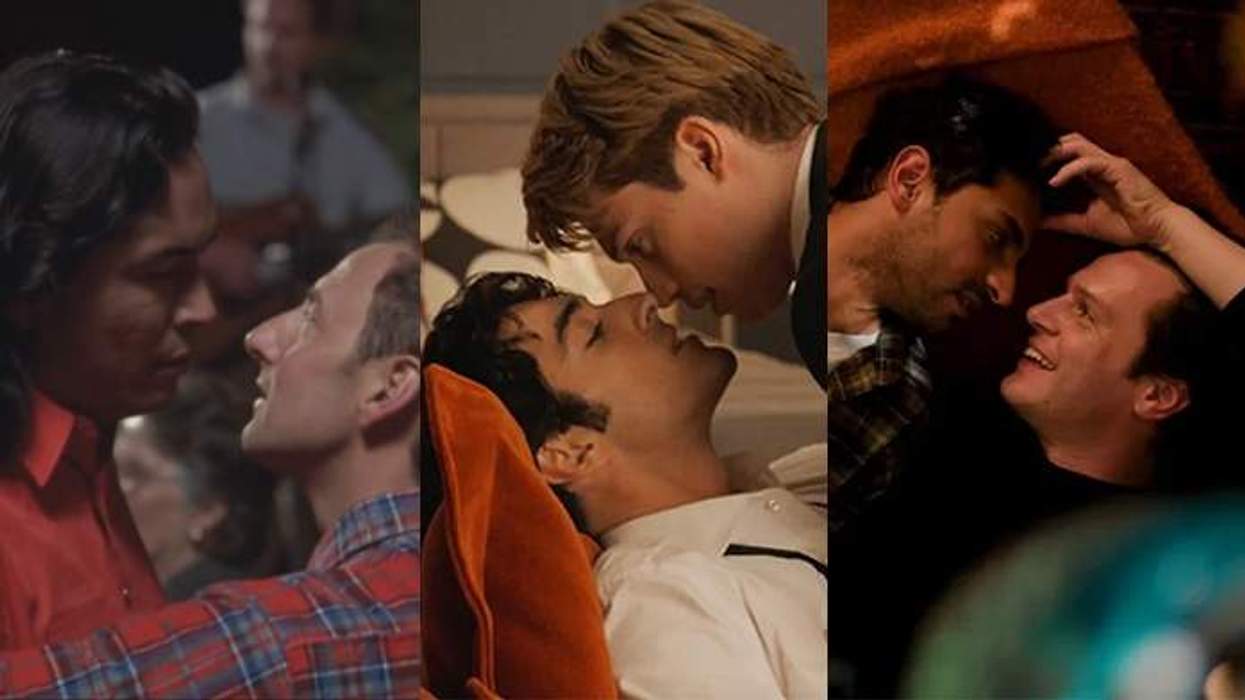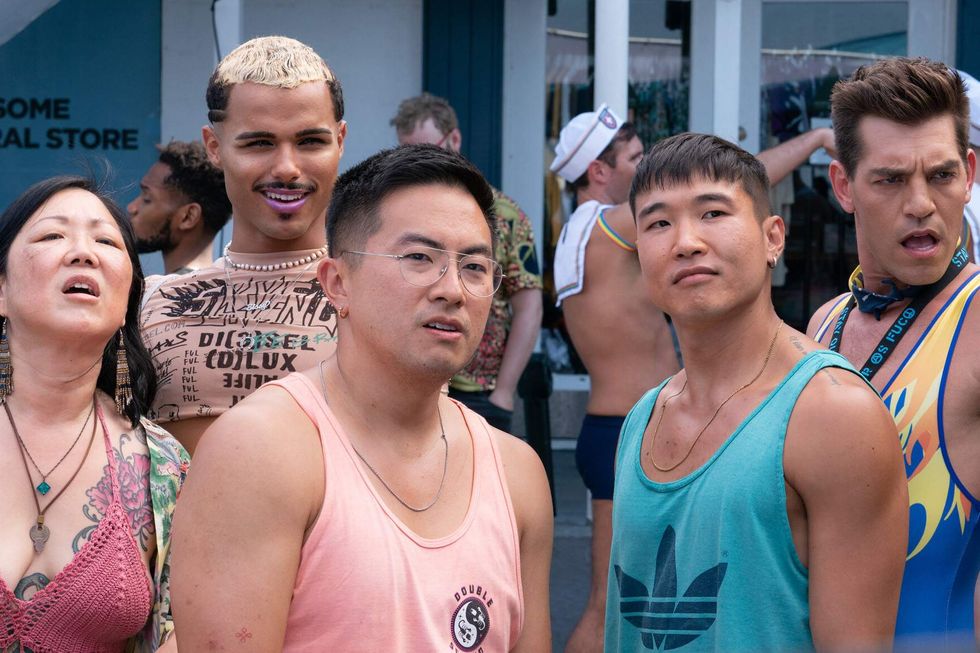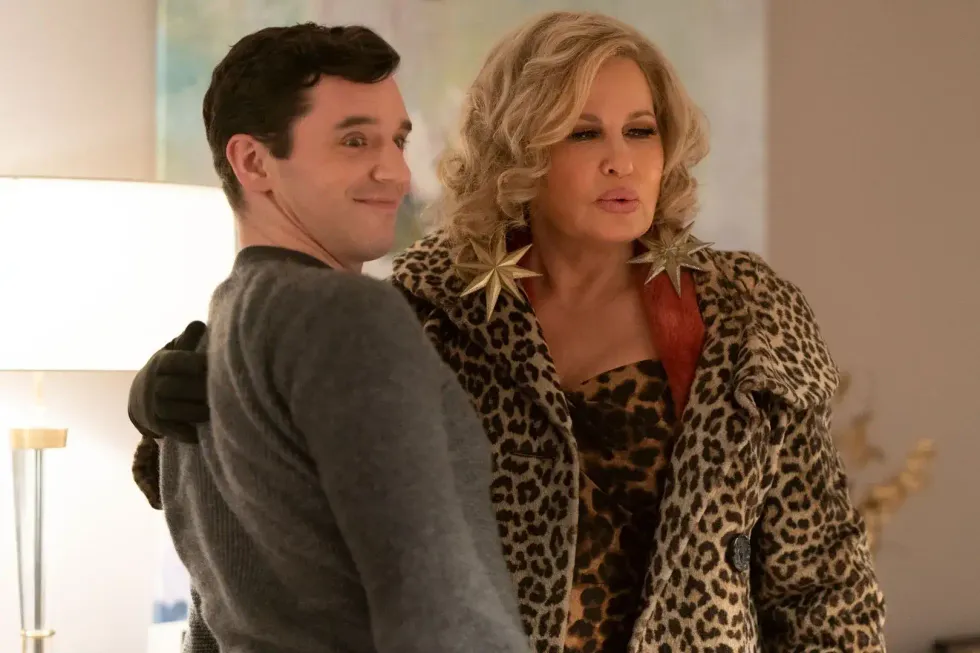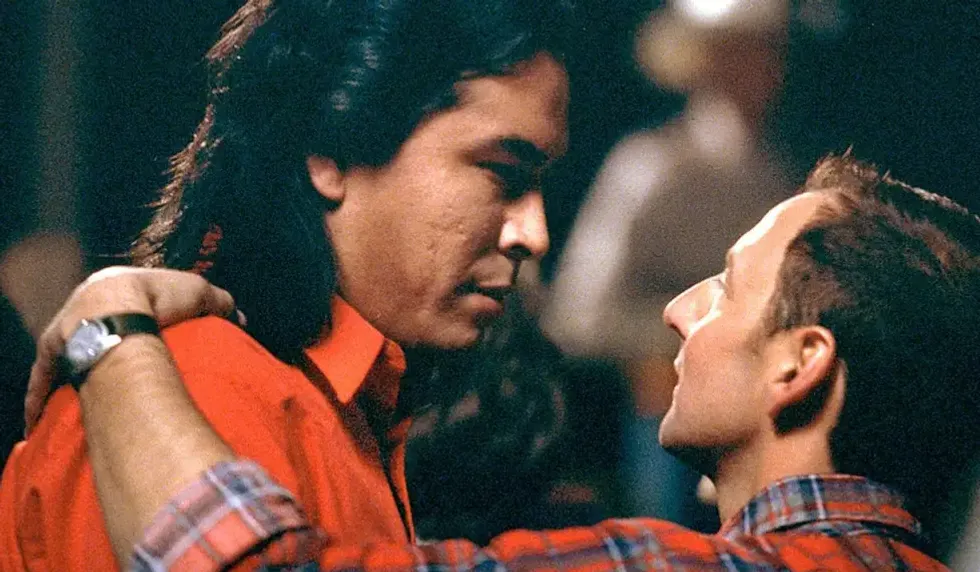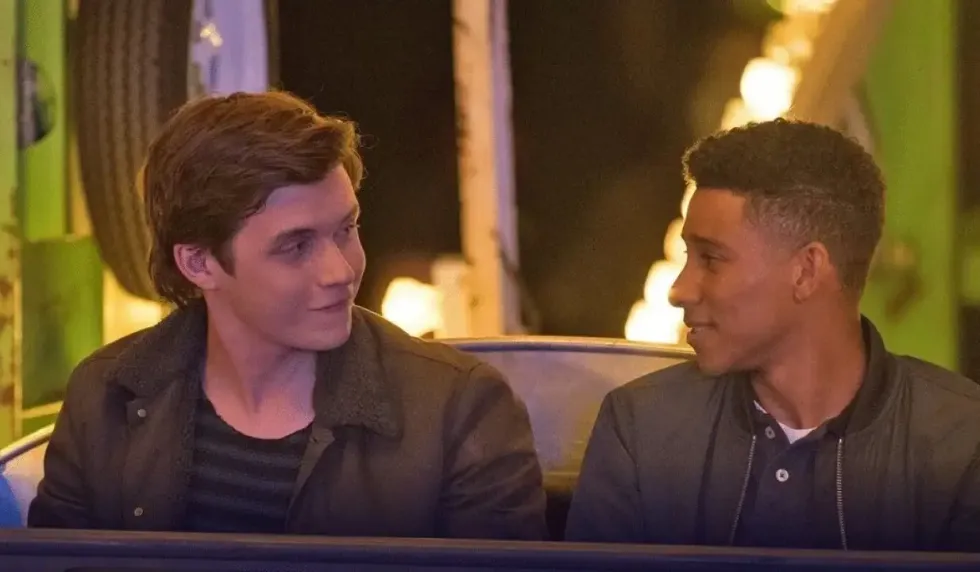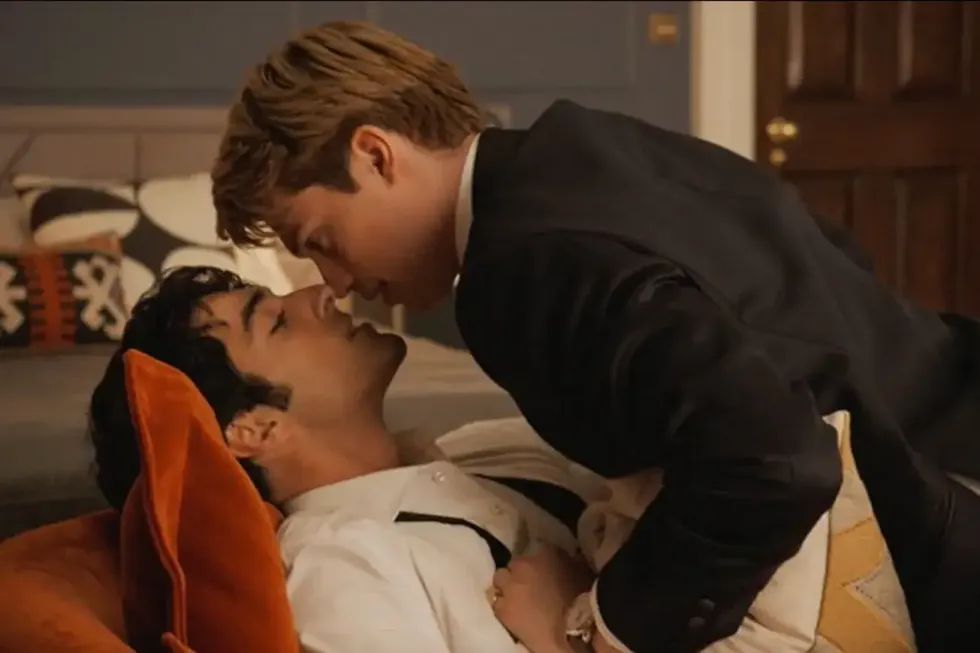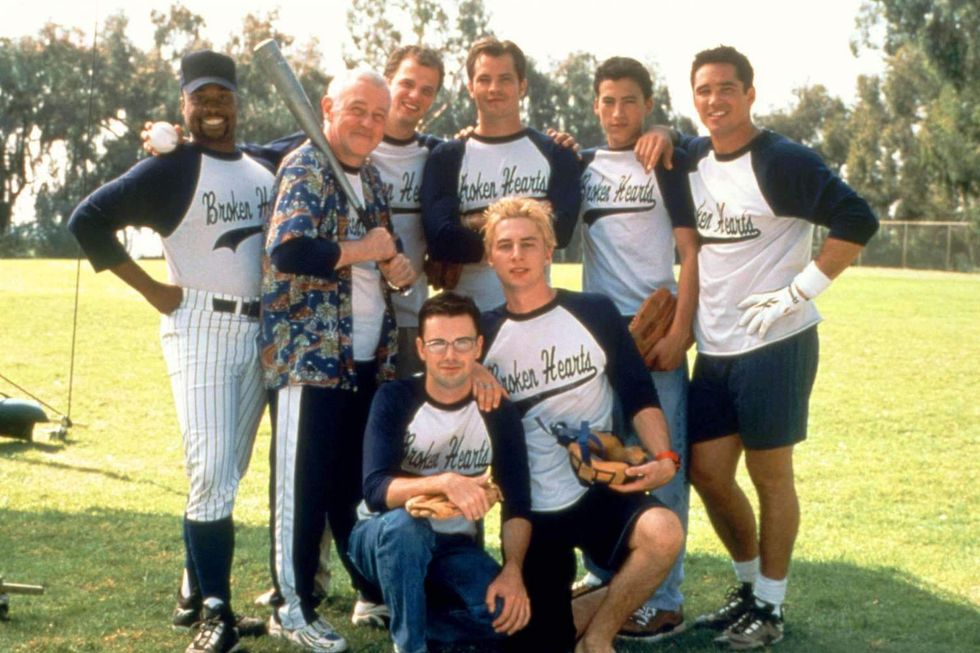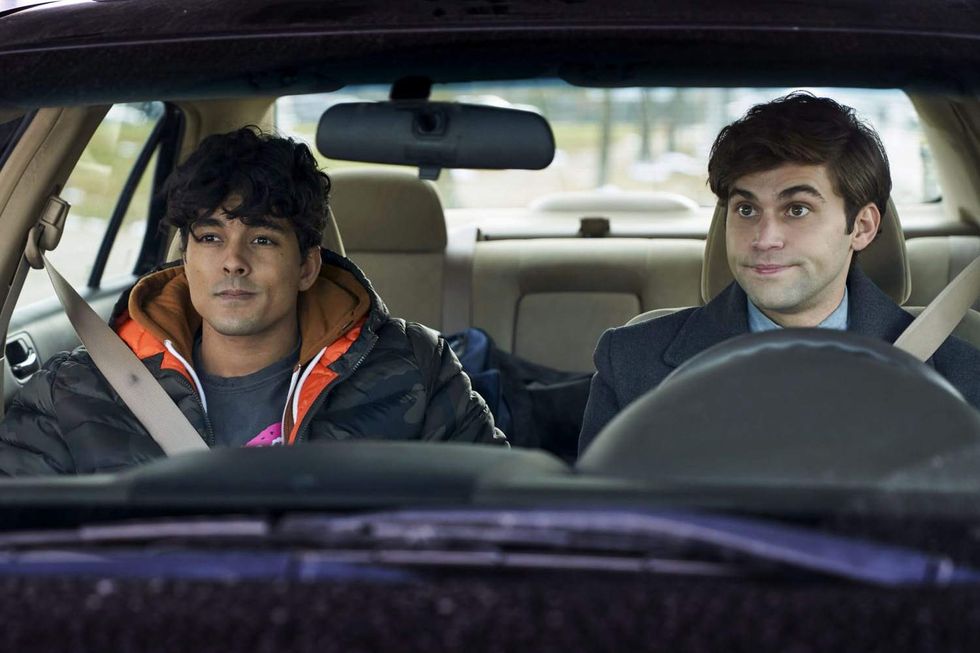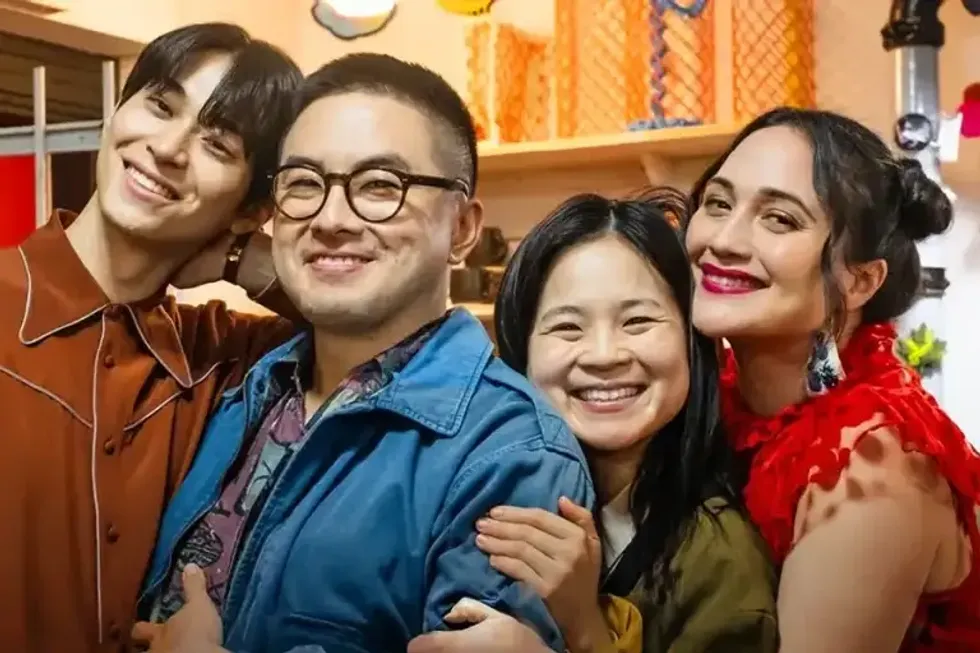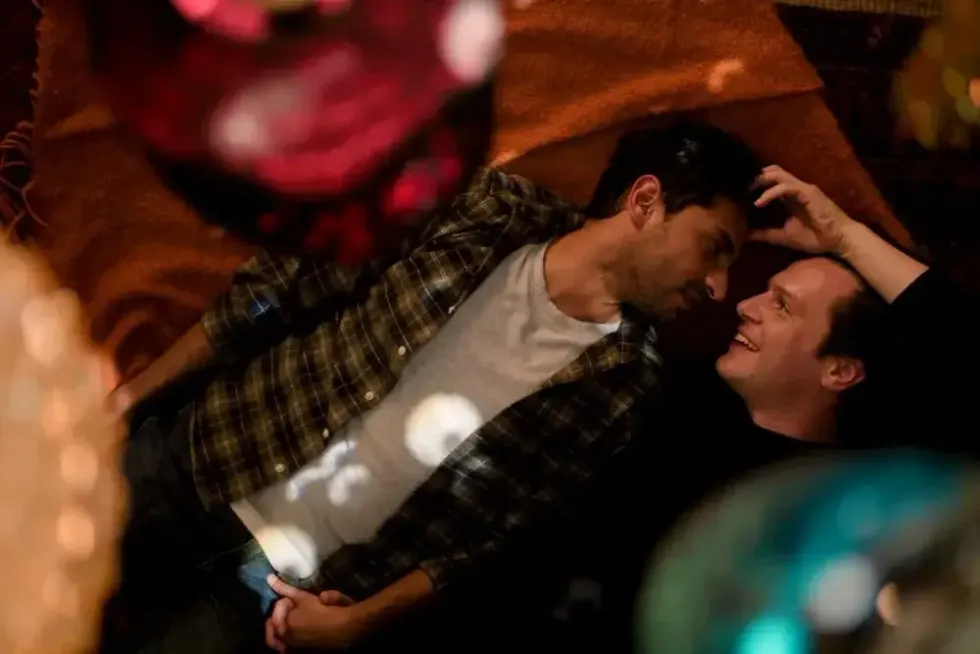Luca Guadagnino’s latest feature, Call Me By Your Name, will likely be my favorite movie of the year. The film is adapted from the 2007 novel of the same name by André Aciman and stars breakout performer Timothée Chalamet as Elio alongside American darling Armie Hammer as Oliver. It’s the story of an American professor’s 17-year-old son living in rural northern Italy when a charming, beautiful male graduate student joins their home for six weeks.
The result is a passionate and life-changing romance for the young man in the midst of a sexual awakening. Chalamet delivers a pensive, melancholic, and delightfully heartbreaking performance, and his chemistry with Hammer fills the theater with palpable tension, welcoming audiences into their surreal and indulgent world. The early '80s Italian countryside made for a terrific setting. Yeah, it’s pretentious, but that’s the world in which Elio lives; he is the son of a professor, and classical music and literature is how he communicates. But the standout prose in my mind (or one of many, rather) is Elio’s discussion of his sexuality.
Without ever using the word "bisexual" in the book, Aciman describes a young man who has had the desire of sleeping with both men and women and his assumption that his object of desire has the same.
"No one my age had ever wanted to be both man and woman – with men and women. I had wanted other men my age before and had slept with women. But before he’d stepped out of the cab and walked into our home, it would never have seemed remotely possible that someone so thoroughly okay with himself might want me to share his body as much as I ached to yield up mine."
This excerpt carries a great deal of weight. But many people didn't read Elio as bi:
"Is he bisexual, though?" said a friend I discussed the film with. "He seems to be using Marzia as a way to cope with his obsession with Oliver."
Not only is it Elio’s attempt at explaining his sexuality, it also shines a light on the misconception that queerness is a result of insecurity. It’s a feeling so many have in adolescence, hoping that they will grow out of their feelings.
There’s almost liberation for Elio in avoiding the term "bisexual." Aciman instead provides a detailed landscape of Elio’s feelings and thoughts, leaving readers free to call it whatever they see fit or refrain from calling it anything altogether. The same philosophy carries into the film. When Elio is with Marzia, he may be unleashing sexual frustrations as a result of his unattainable crush on Oliver, but he nonetheless enjoys being with her on a physical level and arguably a romantic one as well. It just so happens that he is far too preoccupied with Oliver to truly give her the affection she deserves and would likely receive in the 24-year-old’s absence.
In the book, Elio continues to sleep with Marzia after getting involved with Oliver. This was changed in the film, likely to simplify the story and make Elio more likeable. Elio falls for Oliver as an entity; his body, his personality, and his mind enamor Elio to the point of surrender. Marzia doesn’t have less of an effect on him because she is a girl. She simply lacks the newness that Oliver provides Elio. We sympathize with Marzia. She gives herself to Elio only to be rejected and replaced by a person with whom she can’t compete. However, her reaction to Elio’s decision at the end of the film is kind and supportive.
The film is objectively stunning, and though critiques can be made in regards to representation and the handling of a queer relationship, the message is one that’s ahead of its time, especially with Elio's friends and parents showing support for whatever one is going through, without naming it or diagnosing it. So yes, a strong argument exists that Elio and Oliver are both bisexual, but that’s not really the point. The movie aims to show us a love story in which the greatest obstacle is time. That and a fiancé back in America, but that’s another story.
We would rather hear our loved ones say that it’s okay to be yourself no matter what than to say it’s okay to be gay, or bi, or trans, or queer, or whatever. While that’s a great burden lifted, it might not reach the scope of your situation. Maybe it’s more complicated than that. And that’s okay, too. It’s your journey, and you should recognize that you found something beautiful. Remember it fondly, without regret.
